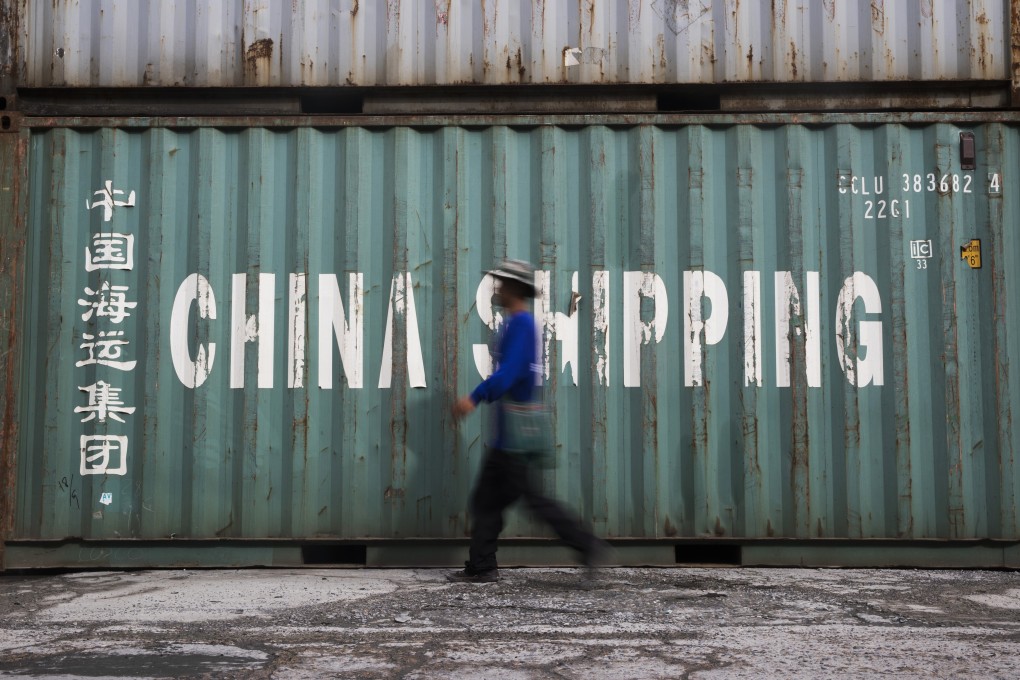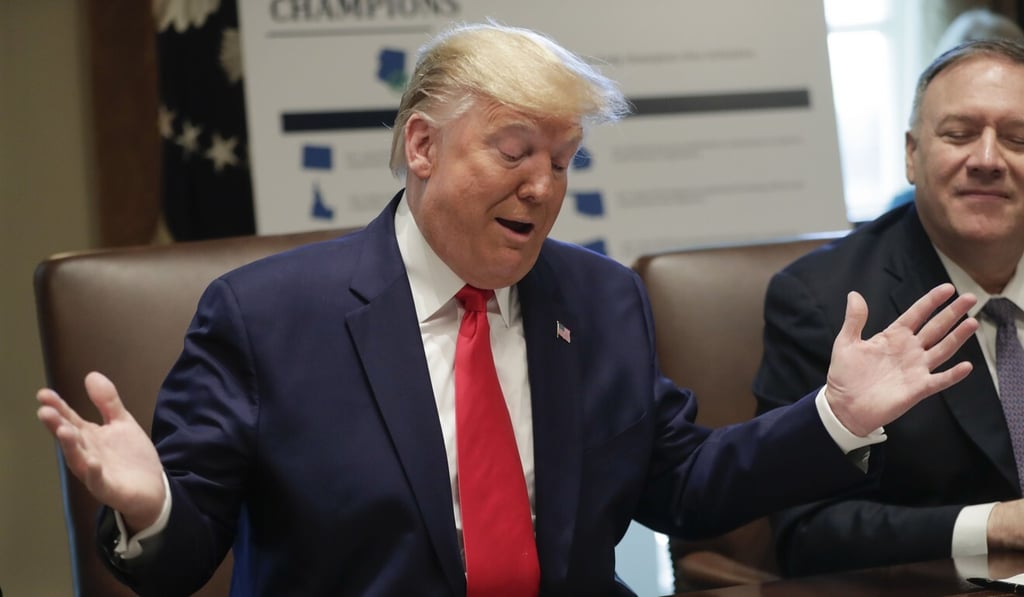Advertisement
With China in background, Thailand shrugs off US suspension of duty-free tariffs
- The US is to suspend duty-free tariffs it says are worth US$817 million following a disagreement over Thailand’s ban on American pork
- Thailand has downplayed the move’s impact. While its exports and tourism driven economy has been hit by Covid-19, China has give it a recent boost
Reading Time:4 minutes
Why you can trust SCMP

Thailand has shrugged off a move by the United States to suspend an additional US$817 million in preferential trade tariffs after President Donald Trump accused it of failing to ensure “fair and reasonable access to its markets”.
The Thai economy is already struggling as the coronavirus hits two of its biggest sectors – tourism and exports – and is facing a projected contraction in GDP of 7.7 per cent by the end of the year.
Despite this Thailand’s commerce industry this week played down the suspension, saying the move “wouldn’t hinder” its export industry, which contracted by 7.3 per cent in the first nine months of the year.
The US measures, announced by Trump on October 30, suspend the duty-free treatment of 231 Thai products covered by the Generalized System of Preferences (GSP), America’s largest trade preference programme, which covers about 3,500 products from 119 countries and territories. The goods will still be allowed into the US, but they will be taxed at a normal rate from December 30 when the order comes into force
Advertisement
However, Thailand’s commerce ministry said that in reality only 147 products, worth about US$19 million, would be affected as not all the goods on the GSP list were being exported to the US. Products that would be affected included steering wheels, chemical products and rubber or plastic bedding.
Thailand also has the option of appealing the suspension with the US Trade Representative before it comes into force.
Advertisement

Advertisement
Select Voice
Select Speed
1.00x